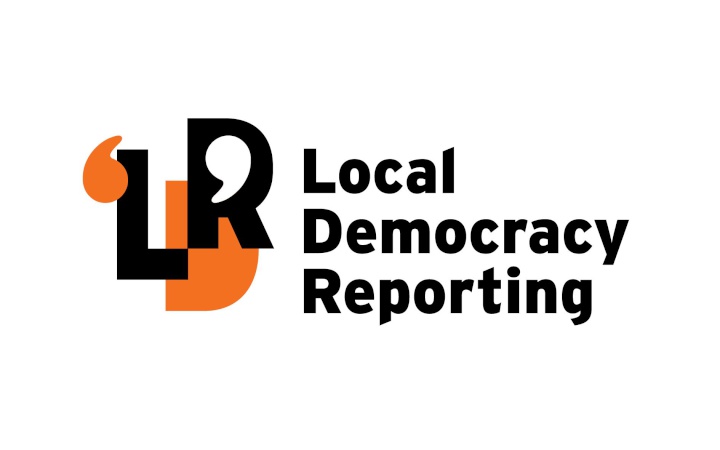The committee set to hear Long-Term Plan [LTP] submissions in Carterton tomorrow [Wednesday] has not yet been delegated the authority to do so.
As a result, an extraordinary council meeting will be held at 8.30am.
It comes at a time of uncertainty as to whether councillor Grace Ayling, who made a submission to the plan, will be permitted to deliberate on submissions. [https://times-age.co.nz/local-government/ldr/submission-may-exclude-councillor-from-decisions/]
The current Hearings Committee is made up of councillors Robyn Cherry-Campbell [chair], Brian Deller [deputy chair], Steve Laurence, and Mayor Ron Mark.
Recommendations in the agenda for the extraordinary meeting include that the council give authority to the Hearings Committee to undertake the hearings and deliberations on the LTP.
Another recommendation is that the council appoints all elected members to the Hearings Committee.
While the matter may seem procedural, it means the difference between Mayor Ron Mark chairing the LTP hearings and deliberations [chair of council meetings], or councillor Robyn Cherry-Campbell [chair of the Hearings Committee].
Whoever chairs the meeting will be tasked with deciding whether Ayling has a conflict of interest and whether she should be excluded from decision-making.
The Free Speech Union, of which Ayling’s husband is the chief executive, has already signalled its intention to consider legal action if Ayling is precluded from the hearings and deliberations.
Meanwhile, the Office of the Auditor-General’s [OAG] guidelines on good practice suggest that councillors are entitled to exercise the democratic right to make submissions but if they do so, they should not sit on the committee that hears and considers the submission as this may indicate predetermination.
“Ultimately, councils are responsible for ensuring they follow their policies when managing potential conflicts,” an OAG spokesperson told Local Democracy Reporting.
A scenario in the OAG guidance suggests that if a councillor makes a submission and then sits on the committee that considers submissions, it would “create the perception that [they are] attempting to act as both an interested party and a decision-maker on the same matter or, in other words, acting as a judge in [their] own cause”.
“The council's decision could be open to legal challenge on the ground of bias,” the OAG guidelines state.
A Carterton District Council [CDC] spokesperson said that a councillor submitting on its LTP consultation was “not necessarily excluded from the Hearings and Deliberations process because they submitted”.
“However, verbal advice we received from Local Government New Zealand suggests a councillor may be precluded from parts or all of the Hearings and Deliberations process where it could be perceived they have already made up their mind on an issue or issues.”
Today [Tuesday], the CDC spokesperson confirmed that the decision on whether an elected member may be conflicted “is made by the chair at the start of the meeting”.
“An elected member may excuse themselves, or they can be excluded by the chair who has determined a conflict, or potential conflict, may exist.”
Ayling’s submission states the council needs to “cut its cloth to suit the tough economic times we are currently in”.
She said CDC’s proposed spend on cycle paths was “tone-deaf to the concerns and struggles of our ratepayers” and that the events centre “continued to be a significant cost burden to ratepayers”.
Ayling’s husband Jonathan also submitted to the plan.



 Gordon Campbell: On Why The US Stands To Lose The Tariff Wars
Gordon Campbell: On Why The US Stands To Lose The Tariff Wars New Zealand Defence Force: Defence And Customs Strengthen Maritime Security With Uncrewed Surface Vessels
New Zealand Defence Force: Defence And Customs Strengthen Maritime Security With Uncrewed Surface Vessels SPCA: Huge Win With New Dog Tethering Regulations
SPCA: Huge Win With New Dog Tethering Regulations Community Housing Aotearoa: Ngā Wharerau o Aotearoa Says New Partnership Model Helping Ensure Right To A Decent Home Is Realised
Community Housing Aotearoa: Ngā Wharerau o Aotearoa Says New Partnership Model Helping Ensure Right To A Decent Home Is Realised Greenpeace Aotearoa: Babies At Risk Due To Nitrate-Contaminated Drinking Water In Ashburton District
Greenpeace Aotearoa: Babies At Risk Due To Nitrate-Contaminated Drinking Water In Ashburton District Driving Change Network: Response To Government’s Proposed Driver Licensing Changes
Driving Change Network: Response To Government’s Proposed Driver Licensing Changes The New Zealand Remembrance Army: Victoria Cross And Hardham Cup Come Together For First Time In Over 100-years
The New Zealand Remembrance Army: Victoria Cross And Hardham Cup Come Together For First Time In Over 100-years


